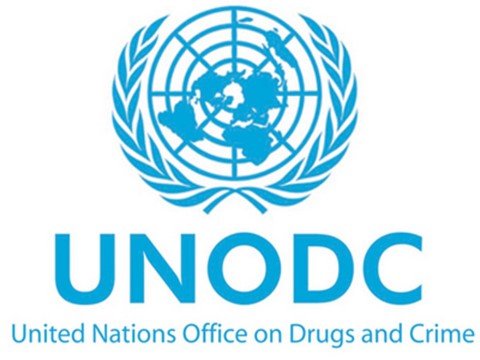The Global Compact for Safe, Orderly and Regular Migration and the rule of law
People who move across borders in an irregular way, and refugees who flee violence, conflict and persecution, are exposed to significant, often life-threating risks.
UNODC’s 2018 Global Study shows that migrant smuggling affects all regions of the world. The Study reveals that a minimum of 2.5 million migrants were smuggled in 2016 generating an economic return to smugglers of at least 5.5 billion US dollars.
Migrant smugglers are driven by the desire for material gain. They are not motivated by altruistic or humanitarian reasons. Criminalizing migrant smuggling, in line with the requirements set out in the Smuggling of Migrants Protocol, including the defining element of ‘financial and other material benefit’, is a key prerequisite to effectively addressing migrant smuggling.
Smugglers offer a wide range of services, from basic to highly sophisticated, and from low cost to highly expensive. Yet, the fees paid are not necessarily an indicator of safe and secure passage. Every year, thousands of migrants die during smuggling activities. Accidents, extreme terrain and weather conditions, as well as deliberate killings have been reported along most smuggling routes. The reported deaths – most of them along sea smuggling routes – represent only the tip of the iceberg of the ultimate human cost suffered by smuggled migrants. Many migrant deaths are likely to go unreported, especially along unmonitored sea routes as well as remote or inhospitable stretches of overland routes.
In addition to the risks inherently associated with smuggling, smuggled migrants are often victims of crimes. Frequently reported crimes subjected on smuggled migrants include assault, sexual assault, including rape, theft, kidnapping, extortion and trafficking in persons. Such criminal victimization has been reported along all identified smuggling routes.
People on the move, regardless of their legal status, require protection. By assisting states and societies to comprehensively respond to human trafficking and migrant smuggling, UNODC’s work contributes to achieving safe, orderly and regular migration, and protect migrants.
One year ago, countries adopted the Global Compact for Safe, Orderly and Regular Migration. The Compact’s objectives include the need to strengthen transnational responses to smuggling of migrants and trafficking in persons in the context of international migration, through implementation of the Trafficking in Persons and the Smuggling of Migrants Protocols.
The Global Compact is rooted in the 2030 Agenda for Sustainable Development. Progress towards fulfilling each of the Compact’s objectives cannot be achieved in isolation. Ensuring the rule of law is a key component for any State to effectively address human trafficking or migrant smuggling.
High rates of crime, violence and homicide, a culture of impunity, corruption and the lack of adequate criminal justice systems are not only factors that mitigate the rule of law but also contribute together with other push factors to compel people to leave their countries.
The lack of rule of law and corruption deter investment, discourage entrepreneurial initiatives at the grass-roots level and deprive people of opportunity within their countries, which they may seek elsewhere, regardless of the conditions and risks involved.
At the same time, these factors contribute to creating an environment in which migrants, asylum seekers and refugees, in particular, are vulnerable to not only multiple forms of abuse, exploitation, human trafficking and forms of migrant smuggling, which involve cruel, inhuman and life-threatening treatment, but also other crimes such as kidnapping, extortion and murder.
Strengthening the rule of law and accelerating progress towards achieving Sustainable Development Goal 16 on peace, justice and strong institutions is crucial to address the negative drivers of migration and ensure protection of migrants on the move and at destinations.



